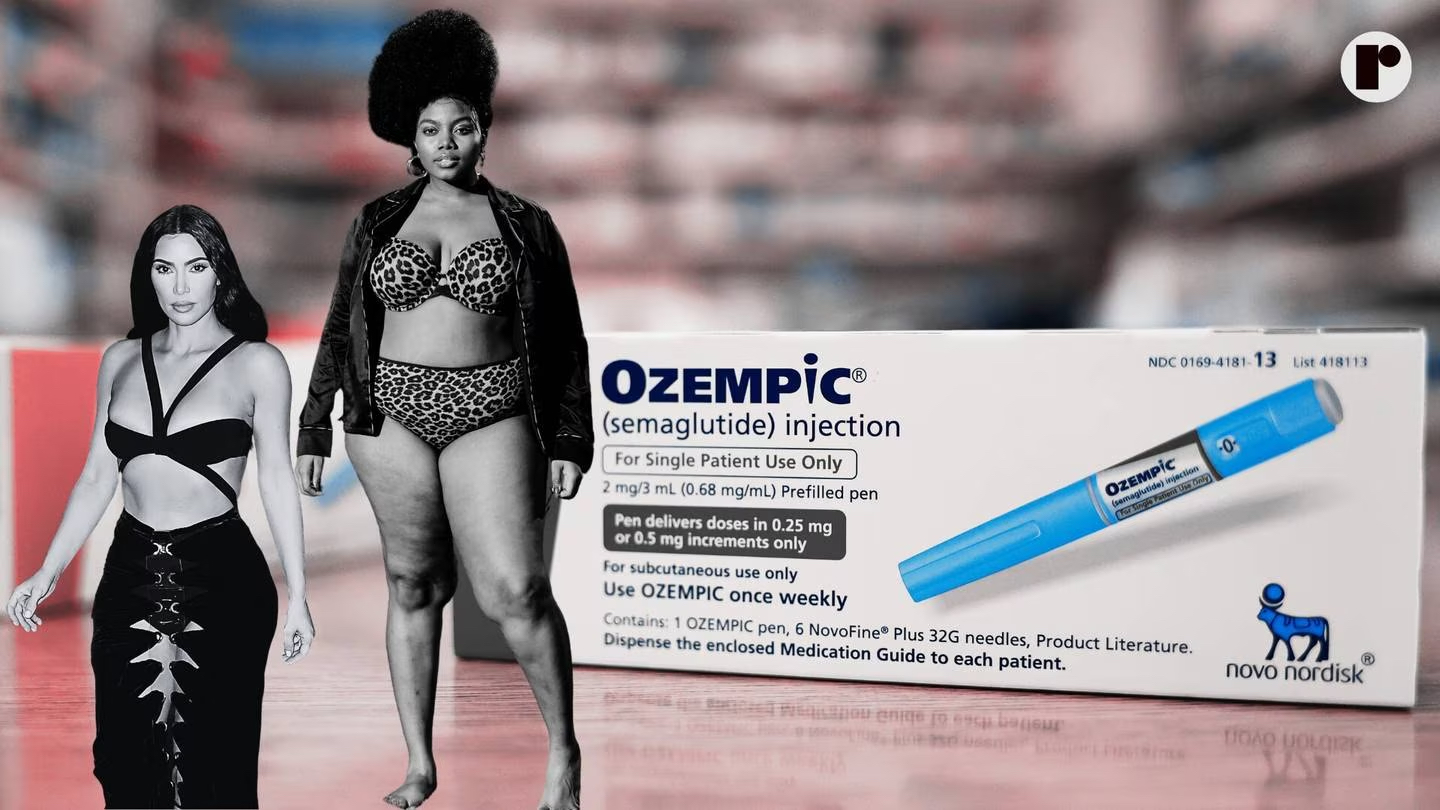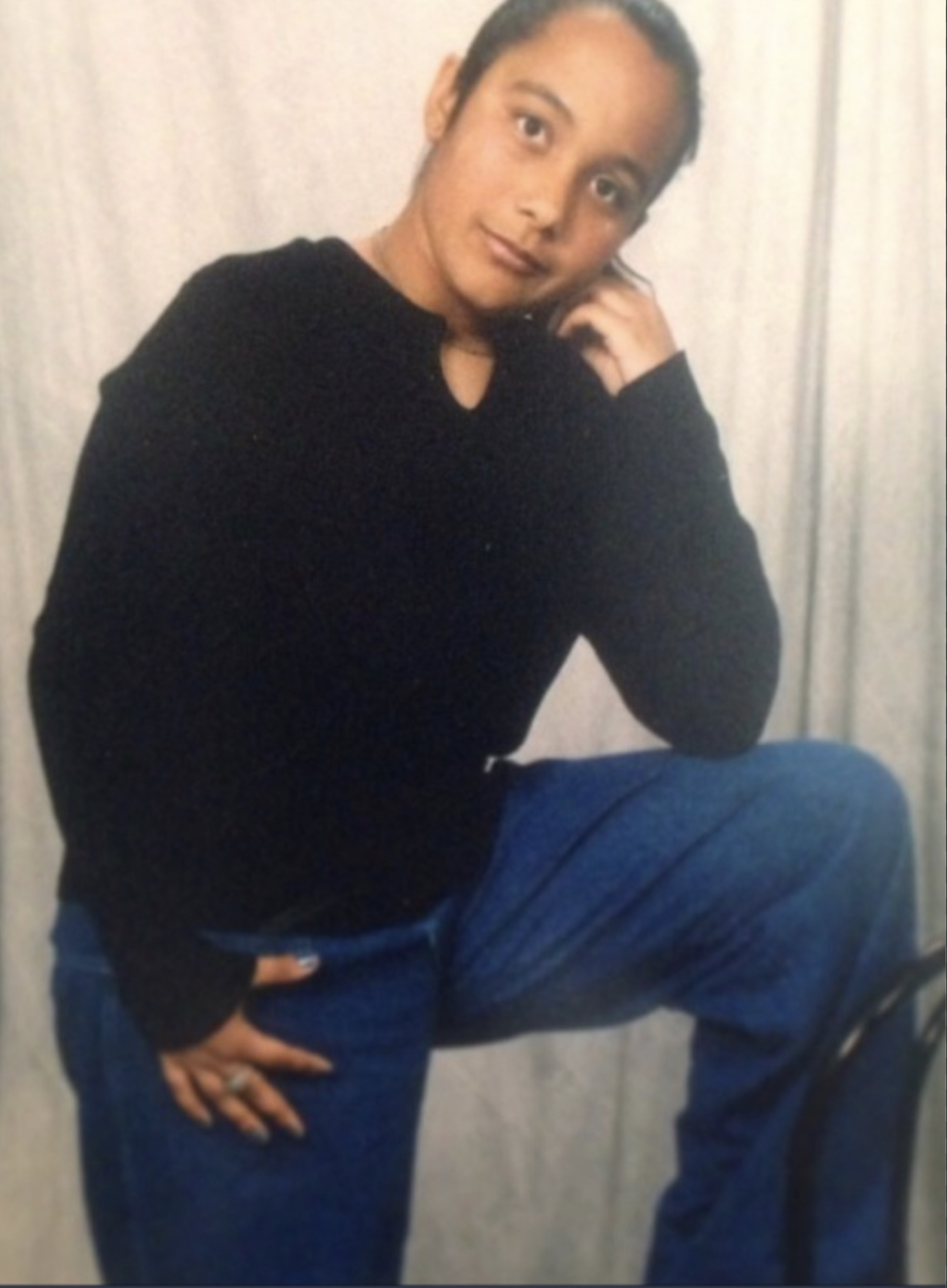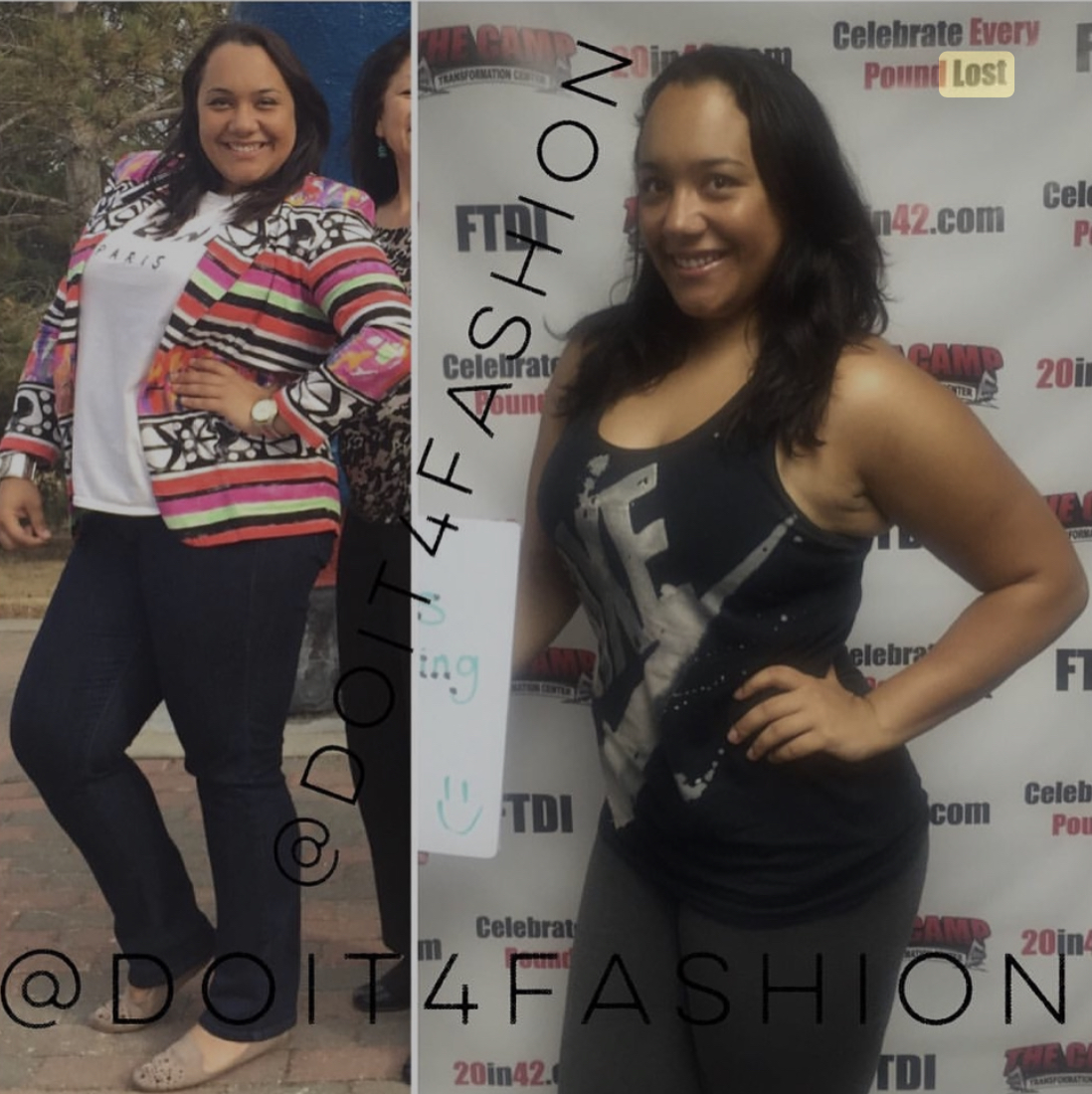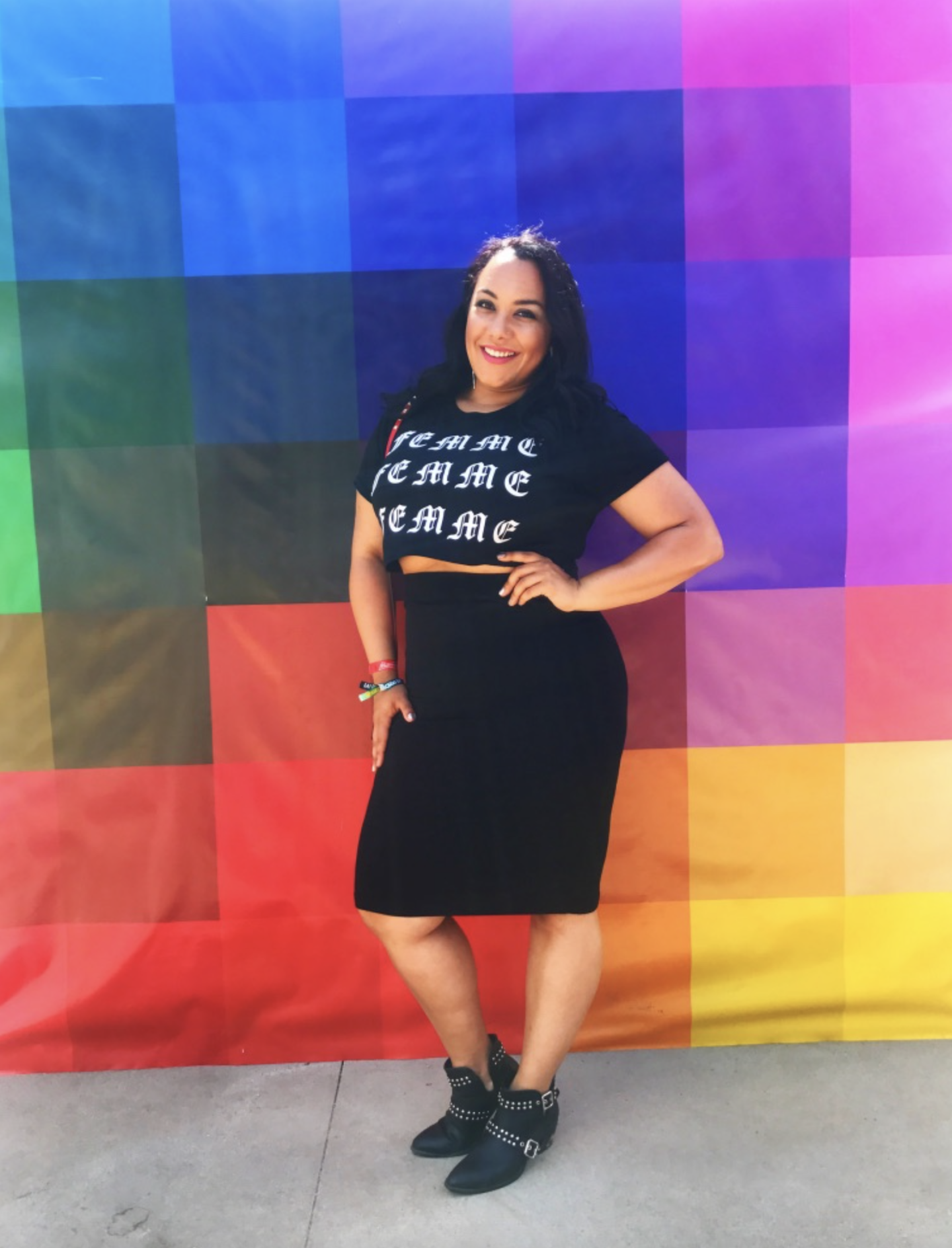
July 31, 2023
We’re definitely seeing a shift where body acceptance and plus size visibility is concerned. I discuss this topic as well as the impact of the new “miracle diet drug” Ozempic in my latest column for Reckon News.
I grew up in Southern California during the early 00s when stick thin was in. According to the media and the culture at my predominantly white and affluent high school, having an Abercrombie model body was not only ideal, but a sign of health, wealth and moral superiority: flat washboard abs, protruding hip and collar bones and of course, the ever elusive thigh gap. I remember pulling at the fat on my fuller figure wishing I had a body like that. And, I know I wasn’t alone.

My teen years and early twenties were marked by yo-yo dieting and trying everything to lose weight. I saw dietitians, took diet pills and joined Weight Watchers more than once. When I was just 12 years old, I begged my mom to sign a waiver at a nearby gym so that I could get a membership. A few years later, I began taking Xenical, a prescription version of the now over-the-counter fat-blocking weight loss drug, alli (which had embarrassing side effects — I’ll spare you the details). Despite these efforts, I never got as thin as I wanted. Instead, I was left with persistent body dysmorphia, disordered eating habits and deep rooted self-hate. All of which stuck with me (like the fat on my tummy) into adulthood.

In recent months, I have watched with sorrow as a new weight loss “miracle drug” rises in popularity. With over 1.2 billion searches on TikTok alone, Ozempic is on a lot of people’s minds. Celebrities such as Amy Schumer, Chelsea Handler and Sharon Osbourne have all reportedly admitted to taking it. You can usually spot them because they develop what is being called “Ozempic face,” sagging and aging facial skin due to rapid weight loss.
The drug– also sold under the brand name Wegovy– is a monthly injection of semaglutide meant for the treatment of diabetes and obesity-related health issues. The craze has made accessing it impossible for patients with illnesses the medication is meant to treat: insulin resistance, type 2 diabetes, hypertension, dyslipidemia, cardiovascular disease and nonalcoholic fatty liver disease. We’re seeing people without these conditions who can afford the $1,200 per month price tag hog the medication for off label use. Given that medicaid doesn’t cover the drug, this is yet another instance of class, racial and ethnic disparities determining who gets access to healthcare and who doesn’t.
This new frenzy marks a shift in popular culture around body image. Just a few years ago, having a voluptuous body was “in” and plus-size everything was having a moment. Celebrities like Lizzo, Rebel Wilson, and Adele were celebrated. And, plus-size models were taking over catwalks and magazine covers. Women were flocking to other countries for dangerous low-cost Brazilian Butt Lift surgeries (BBL) to remove their stomach fat and add some oomph to their derrière. And, despite the dangers, mommy makeovers were geared towards achieving the trending “curvy” body type. These days, many of us are wondering what happened to size inclusivity?

The body positivity, body liberation and fat liberation movements have been a crucial part of my own journey to self-love. In 2016 I created an Instagram account dedicated to my love of fashion and my journey to self-acceptance. To my surprise, what started as a fake-it-till-you-make-it project, slowly became a powerful space of validation and support for plus-size women and queer femmes of color like myself. The positive reception I received from my online community felt better and more affirming than any temporary happiness I experienced after the many times I’d lost weight.

In December 2022 the FDA approved the use of Wegovy to treat obesity in teenagers. Recently, I was watching Good Morning America and saw a mother and her son sharing their experience taking semaglutide. The mother was receiving injections of Ozempic and her teenage son was receiving Wegovy. “22% of 12-19 year olds in the United States suffer from obesity,” George Stephanopoulos began, introducing the segment. The mother had lost 110 pounds in 16 months and her son lost 30 pounds in five months. I couldn’t help but be reminded of the many diets I was on with my mother as a form of bonding, or the various programs I did on my own with her encouragement.
As a Black Indigenous femme woman, I have seen firsthand how white supremacy, capitalism and diet culture forces people who look like me to hate ourselves. Without self-hate, we wouldn’t spend our money trying to get closer to “perfect,” which is just a euphemism for having Eurocentric features. In many ways, this burden keeps us imprisoned, battling our own bodies instead of the systems that oppress us.

There is still much that remains unknown about the potential risks and long term efficacy of these weight loss medications. Beyond the horror stories that have popped up in the news, I worry about what this means for young people. What are the developmental impacts of eating less and potential nutritional deficiencies on growing teenagers? Moreover, what consequences could this have on their mental health and their overall relationship to their bodies?
The truth is, diets don’t work long-term, but we mistakenly place the blame of their failure on ourselves. Body types shouldn’t be trendy and our bodies shouldn’t be expected to shape-shift. We should focus our efforts instead on developing a loving relationship with our bodies at every size and in every phase of our lives. Our weight will inevitably change over time whether due to illness, injury, stress, pregnancy or aging. There is so much more to living than punishing ourselves in hopes of being “enough.” We are worthy just the way we are.

What I want for my communities is this: get still, tune in and sit with whatever discomfort you’re feeling about your body. Diet culture and fatphobia fracture our relationships to ourselves by forcing us to silence the signals that our bodies give us. Instead, seek support, give yourself grace and allow your intuition to speak to you. If you commit to listening, your body will show you the way and help you break free.
xo,
Amy

![I love you like a… [swipe] 🧁
LMK if you want to see the full fit. (It was pretty 🔥 if I do say so myself.)
#chiefofstyle #plussizefashion #latenight #morelife](https://chiefofstyle.com/wp-content/plugins/instagram-feed/img/placeholder.png)